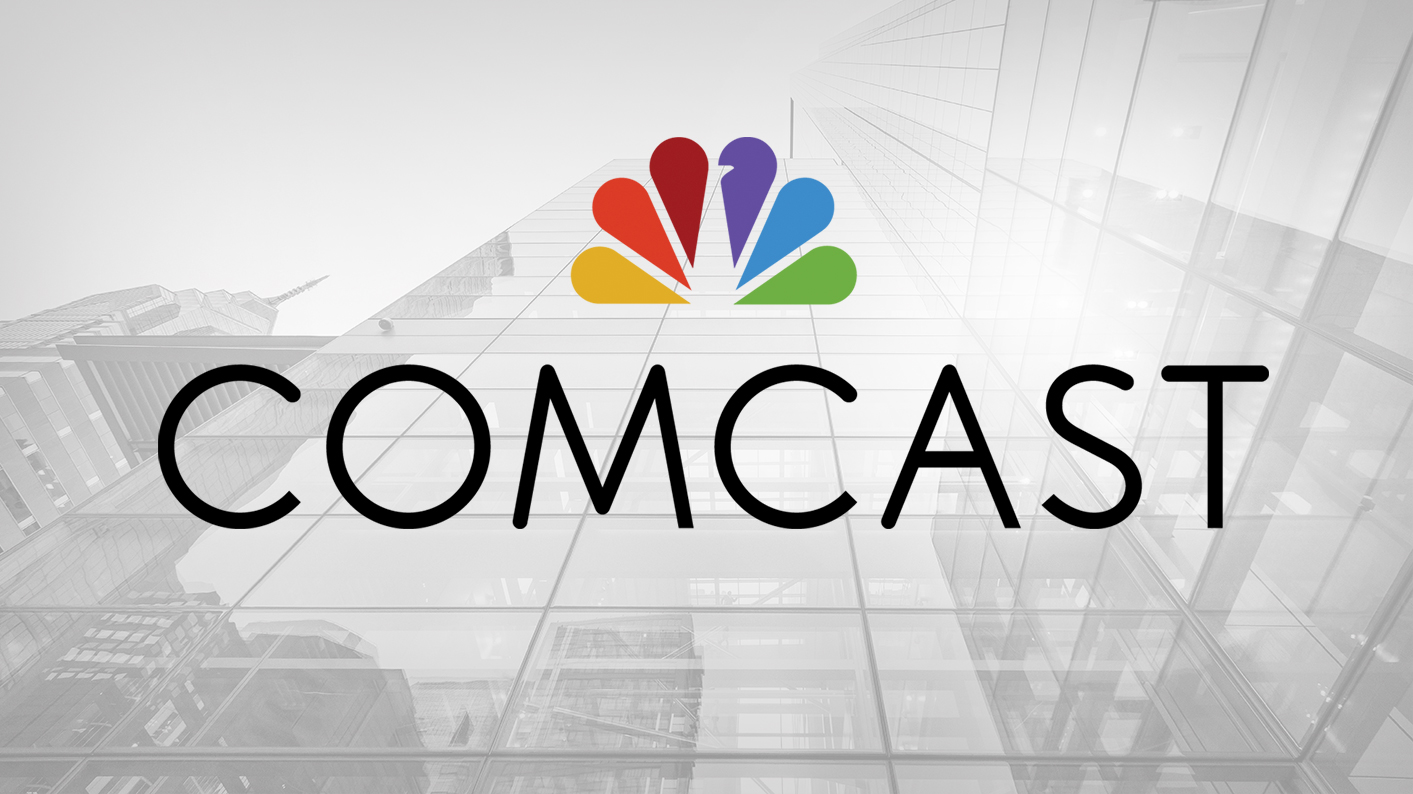Three US senators today urged Comcast to open all of its Wi-Fi hotspots to children who lack Internet access at home during the pandemic. A letter from Sens. Ron Wyden (D-Ore.), Kamala Harris (D-Calif.), and Cory Booker (D-N.J.) says that Comcast recently refused a request to do so because it would cause congestion for subscribers. But the senators argue that "Comcast's excuse simply does not add up."
Comcast has been praised by advocates for its pandemic response, which includes two free months of home-Internet service for new low-income subscribers, temporary suspension of its data cap, and making many of its hotspots free to the general public. But while Comcast opened up 1.5 million hotspots located at businesses and other public areas, there's another category of Comcast Wi-Fi hotspots that still require a Comcast login and subscription. Those are the hotspots that are enabled by default on Xfinity routers used by home-Internet subscribers.
Since 2013, Xfinity gateways have broadcasted a separate network that other Comcast subscribers can log in to with a Comcast username and password. Unless you've disabled the functionality, anyone within range of your Comcast router can get Internet access if they have a Comcast subscription or have paid for a temporary Wi-Fi pass.
Wyden, Harris, and Booker argue that Comcast should open these hotspots to children without Internet access during the pandemic so that kids can get free broadband at home instead of having to go to a parking lot or other public places. They wrote in a letter to Comcast CEO Brian Roberts:
Comcast has taken important steps to help Americans get connected during this global public health emergency. But it can—and should—do more to help children and teachers in Oregon and across the country. We urge you to start by dropping the paywall and providing free access to Comcast residential public Wi-Fi networks. While Comcast started providing free access to its business customers' Wi-Fi access points on March 13, 2020, the paywall remains on the millions of Comcast-operated public Wi-Fi networks located in homes and apartment buildings across America.Comcast subscribers have long been concerned that public hotspots broadcast by their routers would slow down their own broadband service. Comcast has denied that such problems exist, and those Comcast denials were cited in the senators' letter:
According to statements that Comcast made to the press, the private and public Wi-Fi networks operated by Comcast's residential Wi-Fi routers are completely separated, both for security reasons and, as Comcast Senior VP of Business Development Tom Nagel has said, so that Comcast's "broadband customers will continue to get the service that they are paying for." However, after Senator Wyden's office asked you to drop the paywall on your residential public Wi-Fi networks, your staff stated that doing so could create Wi-Fi congestion and could impact the speed for paying subscribers' Internet connections. Comcast's excuse simply does not add up. Millions of Comcast's customers pay the company $14 a month to rent a Wi-Fi router which includes, by default, a Comcast-controlled public Wi-Fi network to which Comcast sells access. If Comcast's previous statements are true, and use of that public Wi-Fi network does not impact the subscriber, it should not matter if the person using it has paid Comcast for a Wi-Fi access pass or if they are a low-income school child trying to do their homework. Alternatively, if use of the public Wi-Fi network can, in fact, impact the subscriber and prevent them from getting the level of service for which they are paying, Comcast has misled their customers.


